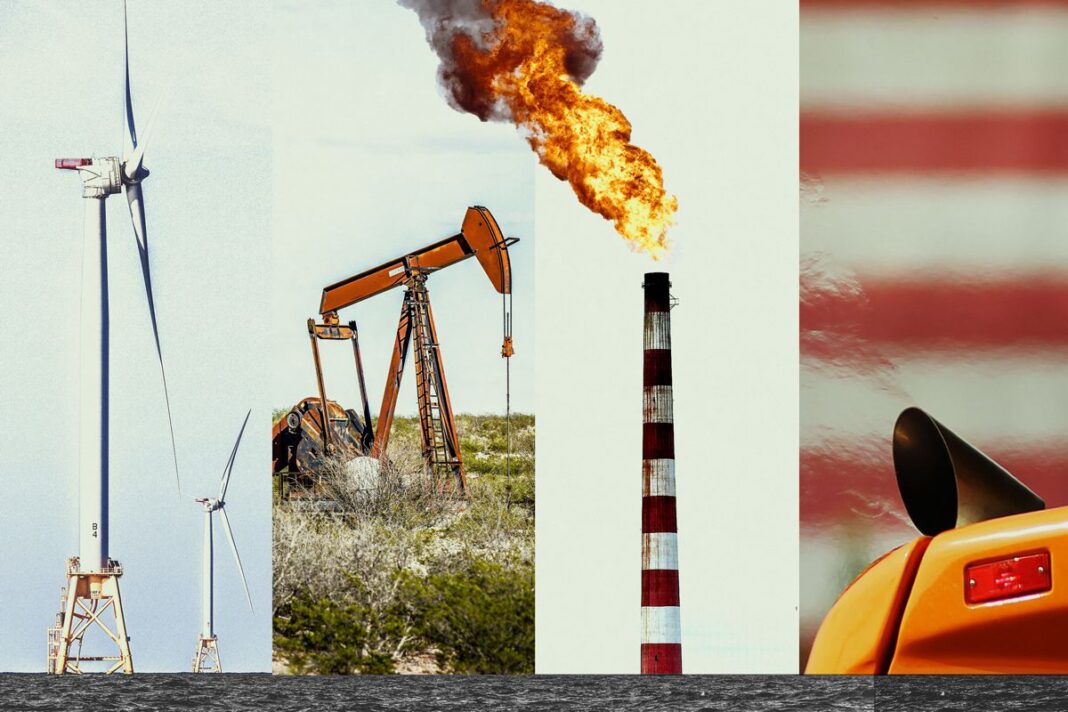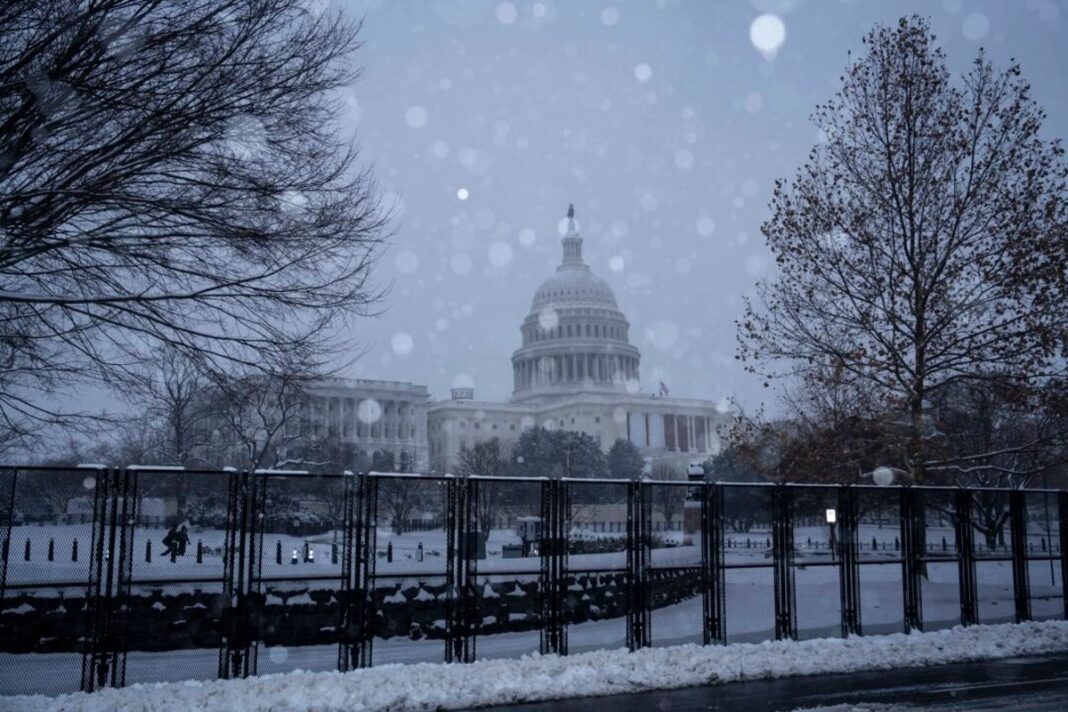How the push for green energy exemplified in the 2022 Inflation Reduction Act fares in coming years will define successive presidential administrations.
Two broad ways to define President Joe Biden’s energy legacy are through policy influence going forward and public perception going backward.
On one hand, Biden’s energy legacy will unfold over the next decade as the regulatory reach of the 2021–2022 “new green deal” bills he championed are challenged in the GOP-held Congress and by an incoming administration pledged to unspool its authorizations.
On the other, some say public perception has already rendered a verdict on Biden’s energy legacy with President-elect Donald Trump’s November 2024 election twin following a campaign highlighted by his call to “unleash” American energy and undo his predecessor’s “new green scam” legislation.
With energy demand and costs increasing, Republicans embedded into voter perception the “political optics” of exclusionary federal grants and tax credits for renewable energies as inflationary drivers, Chicago-based senior market analyst Phil Flynn with The PRICE Futures Group told The Epoch Times.
The perception that the administration’s “government-knows-best” forced transition created disruption and uncertainty is unlikely to change, especially because Biden’s initiatives didn’t come from economists but from political advisers in a legacy-defining misperception, he said.
“Biden’s energy policies were based on ideology, not reality; on a climate agenda that was more about politics than science,” Flynn said.
He said ideology-driven policy “based on faulty perception” has many institutional investors recalculating commitments to green initiatives that contributed to a decline in enterprise capital for oil and gas infrastructure, induced by federal agencies “turning the big banks against U.S. oil and gas and turning endowment funds from investing in fossil fuels.”
Such investment gaps, even over brief spans, will reverberate as lost time in scaling infrastructure to pace runaway demand, Flynn said, noting that this, too, will be part of Biden’s energy legacy.
“Biden’s probably created a situation where U.S. energy, over the next 10 to 25 years—it’s going to be more of a challenge to meet demand,” he said.
Yet, by definition, much of Biden’s energy legacy is undefined.
By John Haughey






